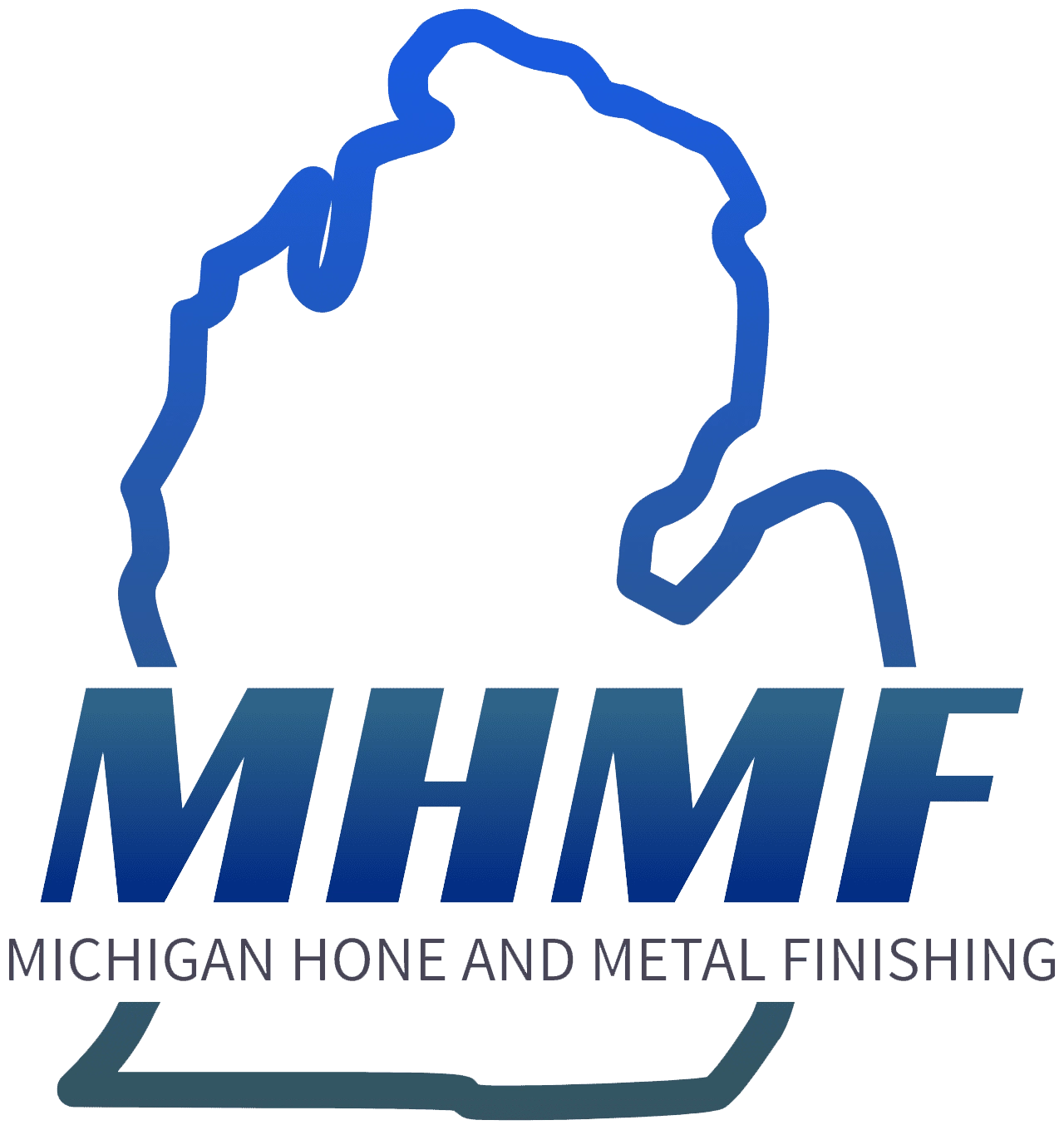Honing Machines: Horizontal vs. Vertical
Honing machines are designed to perform precise material removal to achieve a highly accurate bore size and surface finish. The two primary types of honing machines are:
- Horizontal Honing Machines: Best suited for small-diameter, long-length bores, such as transmission components and firearm barrels. These machines offer high precision and control.
- Vertical Honing Machines: Ideal for large-diameter, heavy parts like engine cylinders and hydraulic cylinders. Vertical honing allows for deep bores and is commonly used in industrial applications requiring strict tolerances.
Types of Honing Stones & Abrasives
Honing stones and abrasives play a critical role in the honing process, ensuring proper material removal and achieving the desired surface finish. Michigan Hone sources honing stones from Sunnen and Tennessee Abrasives, including:
- Aluminum Oxide: Used for soft and medium-hardness steel applications.
- Silicon Carbide: Designed for honing cast iron, brass, bronze, and aluminum parts.
- Metal Bond: A highly durable and aggressive stone containing diamond or borazon abrasives, ideal for honing powdered metal components.
- CBN (Cubic Boron Nitride): Designed for tough alloy steels and abrasive-resistant materials, providing superior wear resistance and precision.
Accu-Cut: Diamond-Coated Single-Pass Honing Tools
Accu-Cut provides diamond-coated single-pass honing tools that offer several advantages in precision honing applications:
- Long Tool Life: Diamond-coated tools last significantly longer than conventional abrasives.
- Repeatable Accuracy: Ensures exceptional straightness, cylindricity, roundness, and size control.
- Superior Surface Finish: Helps achieve smooth and consistent bore finishes.
- Low Cycle Time: Increases production efficiency with minimal downtime.
The Role of Coolants & Lubricants in Honing
Coolants and lubricants are essential for effective honing, helping to:
- Reduce friction and heat buildup during honing operations.
- Improve tool life by minimizing wear on honing stones.
- Enhance material removal rates and surface finish quality.
- Flush away metal debris and prevent workpiece damage.
Automation in Honing
Automation is transforming the honing industry by improving consistency, efficiency, and repeatability. Automated honing solutions:
- Reduce manual labor requirements and operator fatigue.
- Provide real-time process monitoring and quality control.
- Ensure tight tolerances with minimal human intervention.
- Enhance productivity by integrating with CNC and robotic systems.
Honing tools and equipment are vital for achieving high-precision bores in various industries. By leveraging the right machines, abrasives, and automation technologies, Michigan Hone continues to provide superior honing solutions for critical applications.
